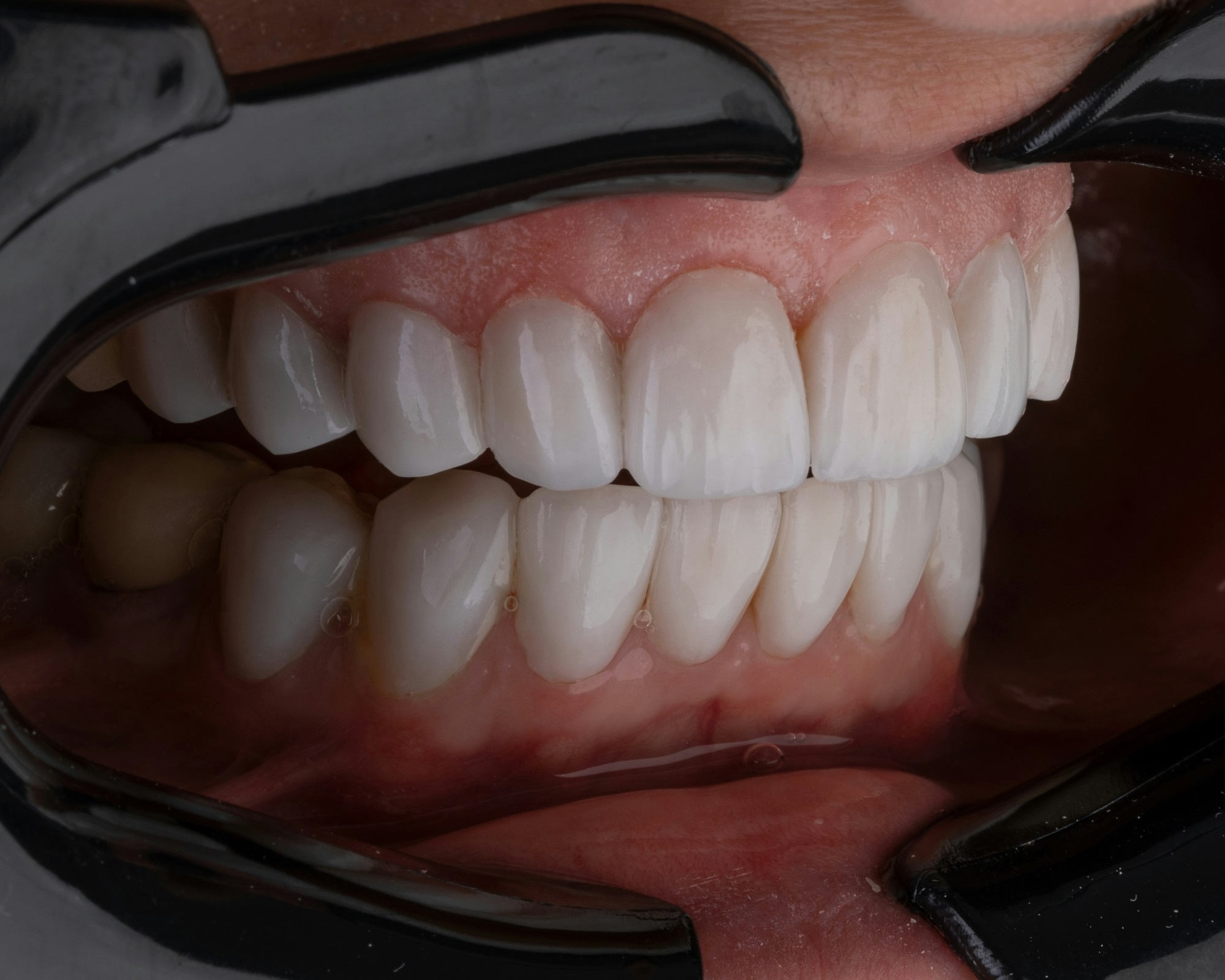
What to Eat After Tooth Extraction & How to Identify a Healthy Blood Clot
October 17, 2025
Having a tooth removed is a common dental procedure, but proper aftercare is crucial for smooth healing. Many patients ask, “What can I eat after tooth extraction?” and “What does a blood clot look like after tooth extraction?” Understanding these basics can help you recover faster and avoid complications like dry socket.
What Can I Eat After Tooth Extraction?
After a tooth extraction, your mouth needs time to heal. For the first 24–48 hours, it’s important to eat soft, cool, and non-irritating foods. Avoid anything that could disturb the extraction site, such as hot, spicy, crunchy, or chewy foods.
Safe foods to eat after tooth extraction include:
Mashed potatoes
Yogurt
Smooth soups (lukewarm, not hot)
Scrambled eggs
Applesauce
Oatmeal or porridge
Smoothies (without a straw)
Pudding or jelly
Avoid:
Hot drinks and soups (they can dislodge the clot)
Crunchy snacks like chips or nuts
Sticky foods like caramel or chewing gum
Alcohol and smoking
After 3–5 days, you can start reintroducing soft solid foods as long as you’re healing well and have minimal pain.
What Does a Blood Clot After Tooth Extraction Look Like?
A blood clot after tooth extraction is a vital part of healing. It forms in the empty tooth socket shortly after the procedure and acts as a protective layer over the bone and nerves underneath.
Here’s what a healthy blood clot looks like:
Color: Deep red or dark maroon
Texture: Gel-like and moist
Location: Sits directly in the tooth socket, filling the space where the tooth was removed
Over the following days, this clot gradually transforms into new tissue.
What an Unhealthy or Missing Clot Looks Like
If you notice that the blood clot is missing, or if the socket looks dry, white, or exposed, you may be developing dry socket (alveolar osteitis). This is a painful condition that occurs when the clot is dislodged too soon.
Signs of a missing or disturbed clot include:
Severe, throbbing pain
Bad taste or odor in the mouth
Visible bone in the socket
Pain radiating to the ear or jaw
If you suspect this, contact your dentist immediately for treatment.
Quick Tips for a Smooth Recovery
Avoid rinsing or spitting forcefully for 24 hours
Don’t use a straw for at least 3 days
Sleep with your head slightly elevated
Keep the extraction area clean with gentle saltwater rinses after 24 hours
Summary
What can I eat after tooth extraction? Soft, cool, and non-chewy foods.
What does a blood clot after tooth extraction look like? A dark red, jelly-like plug in the socket.
Why is it important? It protects the bone and promotes healing.
Taking proper care after extraction helps you heal comfortably and prevents complications.













